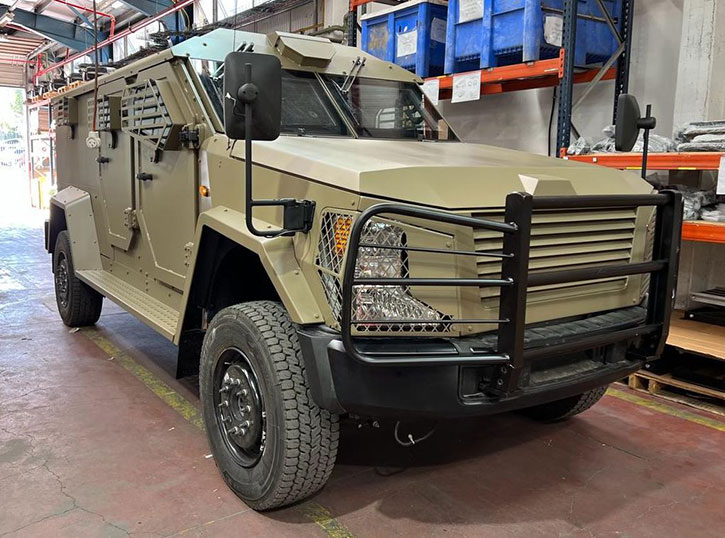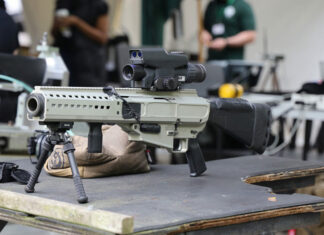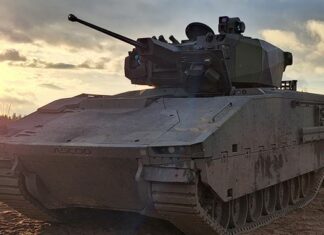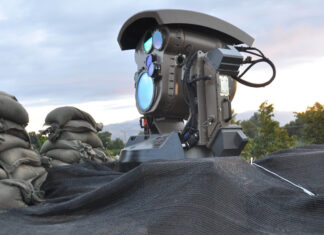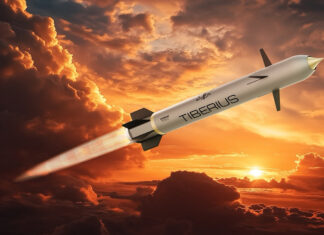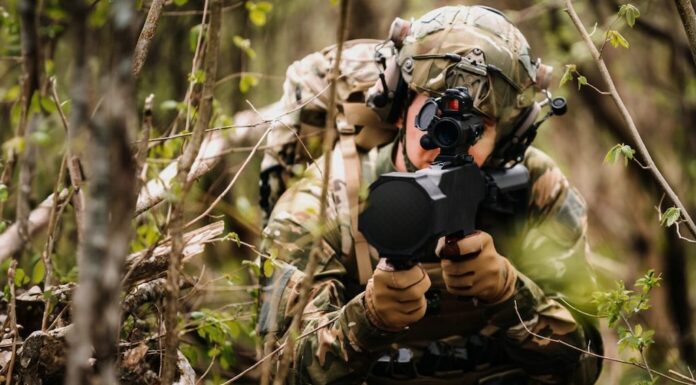The Director of Procurement at Israel’s Ministry of Defense (IMOD) has purchased in an expedited procedure 50 wheeled armored personnel carriers following a request from the IDF to bolster the capabilities of increased operational tempo the IDF has experienced in recent months.
The SandCat EX11 was designed and produced by Plasan, using commercial Ford F550 chassis. The original vehicle was stripped of the standard body, and added the armored capsule designed with the company’s unique kitted-hull architecture, enabling flexible configurations for different uses. The vehicle carries up to 11 soldiers, two stretchers, and medics when configured into an ambulance. Israel’s border guards have already used a smaller version of the Sandcat armored vehicles since 2008.
The vehicle’s assembly was quick, with parts supplied from operational inventory, enabling rapid production ramp-up for initial deliveries and full order completion within a few weeks. “This is a significant and rapid procurement that brings an important operational capability to the field and immediately responds to the IDF needs of protected mobility.” Said Avi Dadon, Director of Procurement and Deputy Director of the MOD. The agreement with the Plasan also includes integrated logistics to support the vehicles, assuring the availability of the vehicle fleet.
Subscribe to read the full story
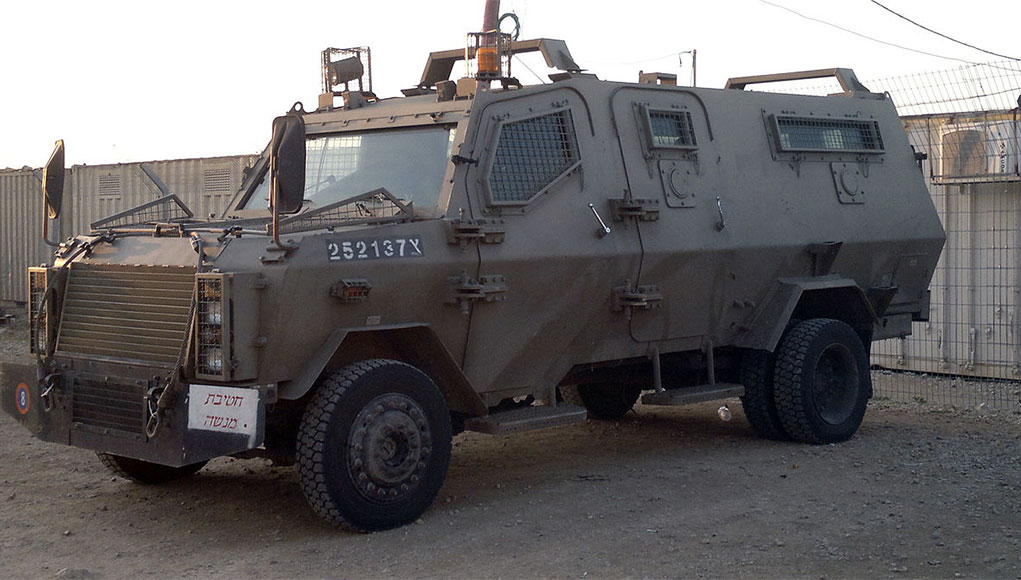
The vehicle complements the Ze’ev (Wolf) armored vehicles the IDF has operated in these roles since 2006. These 8-ton vehicles were used extensively on border protection and supported IDF operations in urban terrain.

